Double whammy for small retailers
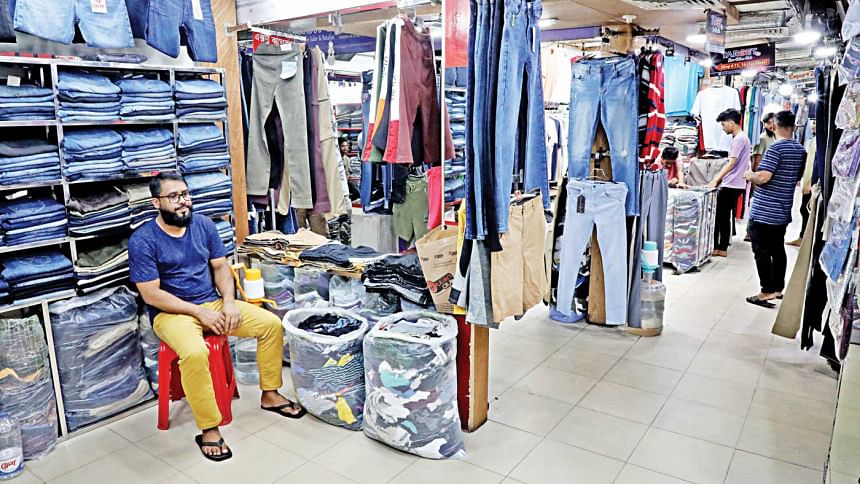
On Wednesday evening, Munaf Khan was sitting idle at his cash box in the clothing shop in the New Market area amid the emphatic sound of generators after the electricity went off since there were no customers.
Likewise, his employees were chatting at a corner although they were passing the busiest hour of the day.
Both Khan, one of the owners of Exclusive Men's Wear, and his salespeople have been left with plenty of idle time as the turnout of shoppers has dropped in recent weeks owing to rising living costs.
"The business situation is getting worse day by day in the wake of the price hike of essential commodities and fuel oil and raging inflation along with frequent power outages," said Khan, one of the owners.
The shop used to register sales worth Tk 3.5-4 lakh per month in the following months after Eid-ul-Azha. But now, due to the soaring inflation and several other factors, sales plummeted to Tk 1.5 lakh last month.
"Starting this month, we will struggle to pay the expenses of the shop and the salaries of the employees," said Khan.
The thirty-five-year-old worries that he might even be compelled to take out a loan and bear the costs of the shop like he did when Covid-19-induced lockdowns and economic slowdown drove sales lower.
Khan's story paints the struggle small retailers across the country are confronting because of the power outages, higher inflation, an increase in energy bills, and squeezed opening hours.
The situation is particularly challenging since their expenses have gone up whereas sales have declined.
Prince Jamdani Kutir at the Dhanmondi Hawkers Market posted 40 per cent lower sales in July compared to the previous month, making its owner and employees worried alike.
"Sales have come down. The number of customers has decreased but the cost has increased creating additional pressure for us," said Sheikh Kabir, manager of the shop.
The sales of clothing items, cosmetics and consumer goods in other retail shops in the capital have fallen by 20-60 per cent compared to normal times.
Large brands have also reported lower sales.
Shamim Sheikh, manager of Apex Footwear Limited's outlet at the Bashundhara City Shopping Complex, says sales have decreased by 15-20 per cent in the last one and a half months.
"One of the reasons is the increase in the prices of essential commodities."
The shop has had to be closed by 8pm, instead of 10pm previously, since mid-July as the government has moved to cut the use of electricity with a view to lessening fuel oil consumption and the strain on the foreign exchange reserves.
At present, the outlet is recording sales of less than Tk 3-4 lakh every day.
"Sales will go down in the coming days if the current situation persists. This means there are more difficult times ahead," Shamim said.
INFLATION BITES
The limited-income people in Bangladesh have been suffering the most because of the price hike of essential commodities largely for the fallout of the Russia-Ukraine war.
In July, food inflation stood at 8.19 per cent, slightly down from a multi-year high of 8.37 per cent a month ago. Non-food inflation rose six basis points to 6.39 per cent, according to the Bangladesh Bureau of Statistics.
Owing to higher consumer prices, people have cut consumption by about 5 per cent, according to a study paper presented at a programme at the Bangladesh Institute of Development Studies (BIDS) recently.
The paper says households have been hit twice, by rising prices and falling incomes, and rising food prices are the most important driver of consumption losses.
During visits to various retail shops in Mirpur, Bashundhara City, New Market and Elephant Road over the last couple of days, the presence of customers was found to be thinner compared to normal times.
Shop operators say shoppers' turnout has fallen by 30-35 per cent.
"Some consumers are buying more of the products that have lower prices and carry discounts and offers. This is very normal in the current situation," said Sabbir Hasan Nasir, executive director of ACI Logistics Ltd, which runs Shwapno, the largest chain supershop in Bangladesh.
As a result, the sales of lifestyle products had a negative growth of 5 per cent in July.
"For the last few days, I have seen that the sale of grocery items is also decreasing a bit. That means consumption is decreasing," he said.
Omar Faruk, in-charge of the Almas Super Shop in Dhanmondi 5, estimates that sales of cosmetics decreased by 60 per cent in July compared to June.
"This is a matter of concern for us," he said, adding that most of his customers belong to the middle-class.
In Bangladesh, sales usually slow after Eid-ul-Azha and the situation persists for the next several months.
Sales are increasing on the occasion of Durga Puja, due to be celebrated by the Hindus in October, said Sharifunnesa Reba, a director of SaRa, a fast-growing retail brand in Bangladesh.
"We will get a clear idea about the direction of the situation after a month," she said.
Mohammad Ashraful Alam, chief operating officer of Aarong, terms the unavailability of raw materials and their price hike as major concerns.
Kazi Iqbal, a senior research fellow of the BIDS, said: "The government is consciously trying to slow down the economy. If people reduce their spending, it will have an impact on the overall economy."
"That's why the import costs have been increased in the case of expensive products."
Besides, economies are slowing globally, which is affecting the economy in Bangladesh.
"Because of the two factors, retail sales have fallen," said Iqbal.

 For all latest news, follow The Daily Star's Google News channel.
For all latest news, follow The Daily Star's Google News channel. 

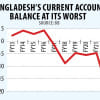
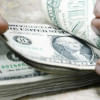
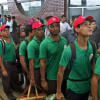
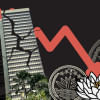
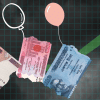


Comments